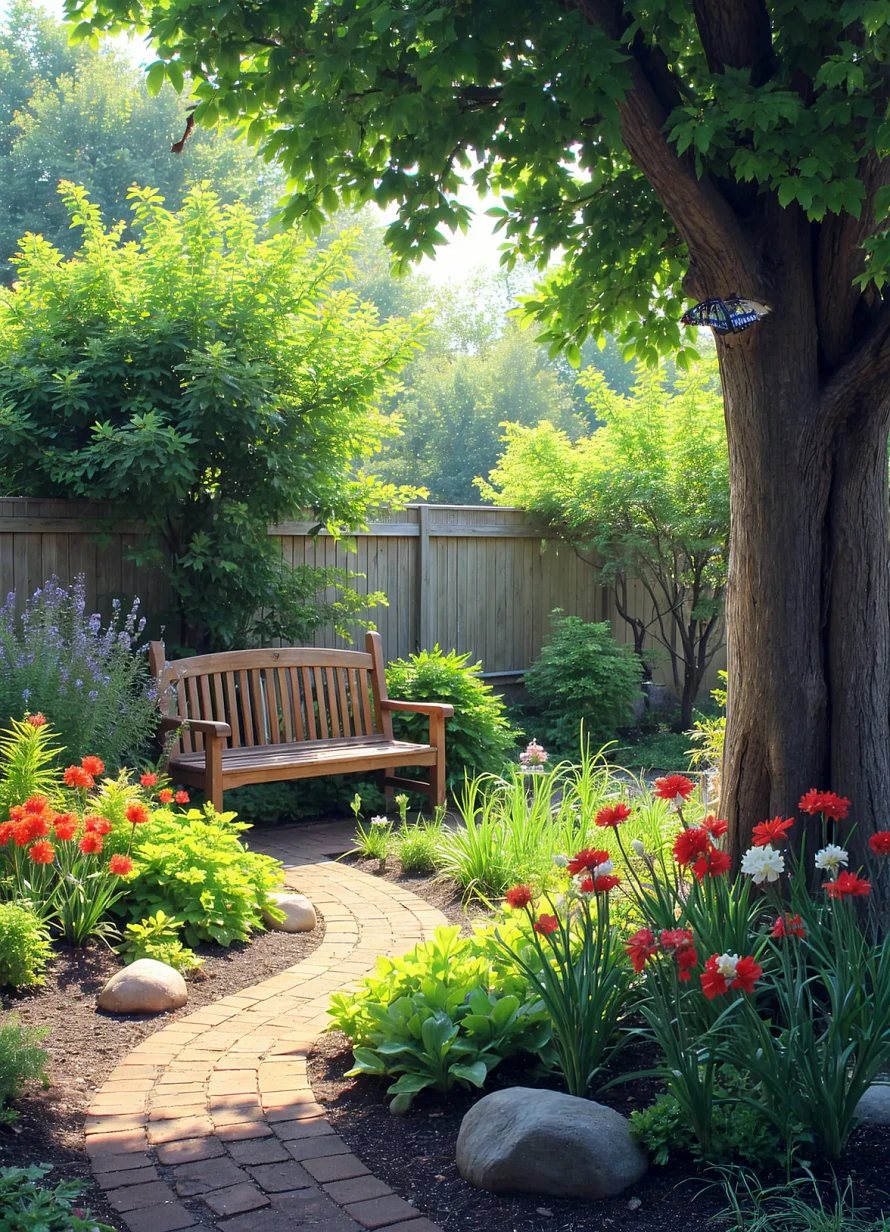Top 5 Tips for Successful Gardening!
Top 5 Tips for Successful Gardening👇
Gardening is a rewarding hobby that not only beautifies your surroundings but also provides fresh produce, reduces stress, and connects you with nature. Whether you're a beginner or an experienced gardener, these five tips will help you cultivate a thriving garden.
1. Choose the Right Plants for Your Climate and Soil
One of the most important factors in gardening success is selecting plants that are well-suited to your local climate and soil conditions.
- Know Your Hardiness Zone: Research your USDA hardiness zone (or equivalent) to determine which plants will thrive in your area.
- Test Your Soil: Use a soil test kit to check pH levels and nutrient content. Some plants prefer acidic soil, while others thrive in alkaline conditions.
- Amend the Soil: Improve soil quality by adding compost, organic matter, or fertilizers to provide the necessary nutrients for plant growth.
2. Provide Adequate Sunlight and Water
Plants need the right balance of sunlight and water to grow healthy and strong.
- Sunlight Requirements: Most vegetables and flowers need at least 6–8 hours of direct sunlight daily. Shade-loving plants, like ferns or hostas, thrive in low-light areas.
- Water Wisely: Overwatering can lead to root rot while underwatering can stress plants. Water deeply but less frequently to encourage strong root systems. Use mulch to retain moisture and reduce evaporation.
3. Practice Proper Spacing and Planting Techniques
Crowded plants compete for resources and are more susceptible to diseases.
- Follow Spacing Guidelines: Check seed packets or plant tags for recommended spacing to ensure proper air circulation and growth.
- Plant at the Right Depth: Planting too deep or too shallow can hinder growth. Follow instructions for each plant type.
- Rotate Crops: If you're growing vegetables, rotate crops annually to prevent soil depletion and reduce pest buildup.
4. Control Pests and Diseases Naturally
Pests and diseases can quickly ruin a garden if left unchecked.
- Encourage Beneficial Insects: Ladybugs, bees, and praying mantises are natural predators of harmful pests.
- Use Organic Solutions: Neem oil, insecticidal soap, and diatomaceous earth are effective, eco-friendly options for pest control.
- Practice Good Hygiene: Remove dead leaves, weeds, and diseased plants to prevent the spread of pathogens.
5. Be Consistent with Maintenance
A thriving garden requires regular care and attention.
- Weed Regularly: Weeds compete with plants for nutrients and water. Remove them promptly to keep your garden healthy.
- Prune and Deadhead: Trim overgrown branches and remove spent flowers to encourage new growth and blooming.
- Monitor Progress: Check your plants regularly for signs of stress, pests, or nutrient deficiencies. Early intervention can save your garden from major issues.
Bonus Tip: Enjoy the Process!
Gardening is as much about the journey as it is about the results. Take time to observe your plants, learn from your mistakes, and celebrate your successes. Whether you're growing a lush flower bed or a bountiful vegetable patch, the joy of gardening lies in nurturing life and watching it flourish.
By following these tips, you'll be well on your way to creating a beautiful, productive garden that brings you joy and satisfaction for years. Happy gardening!

